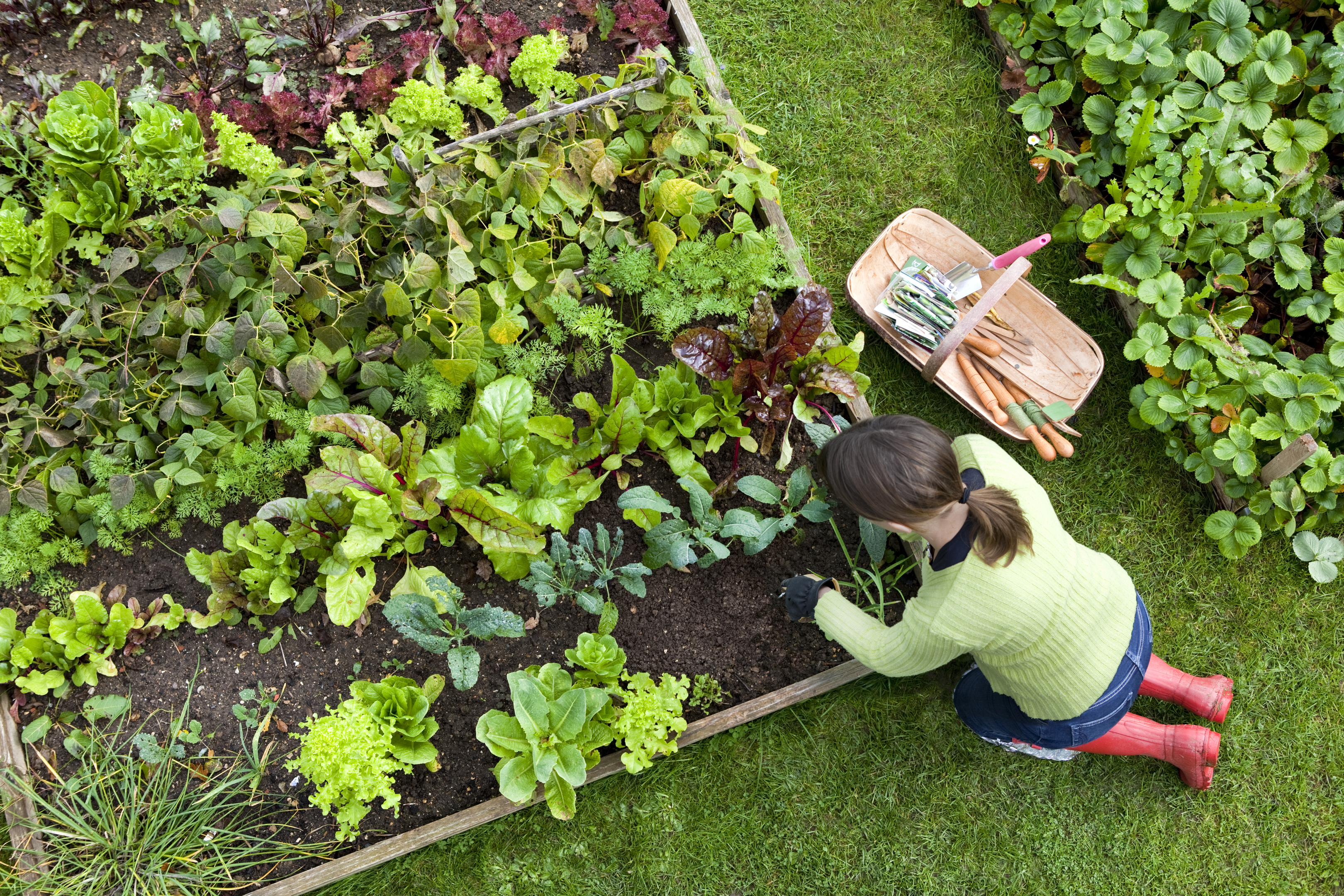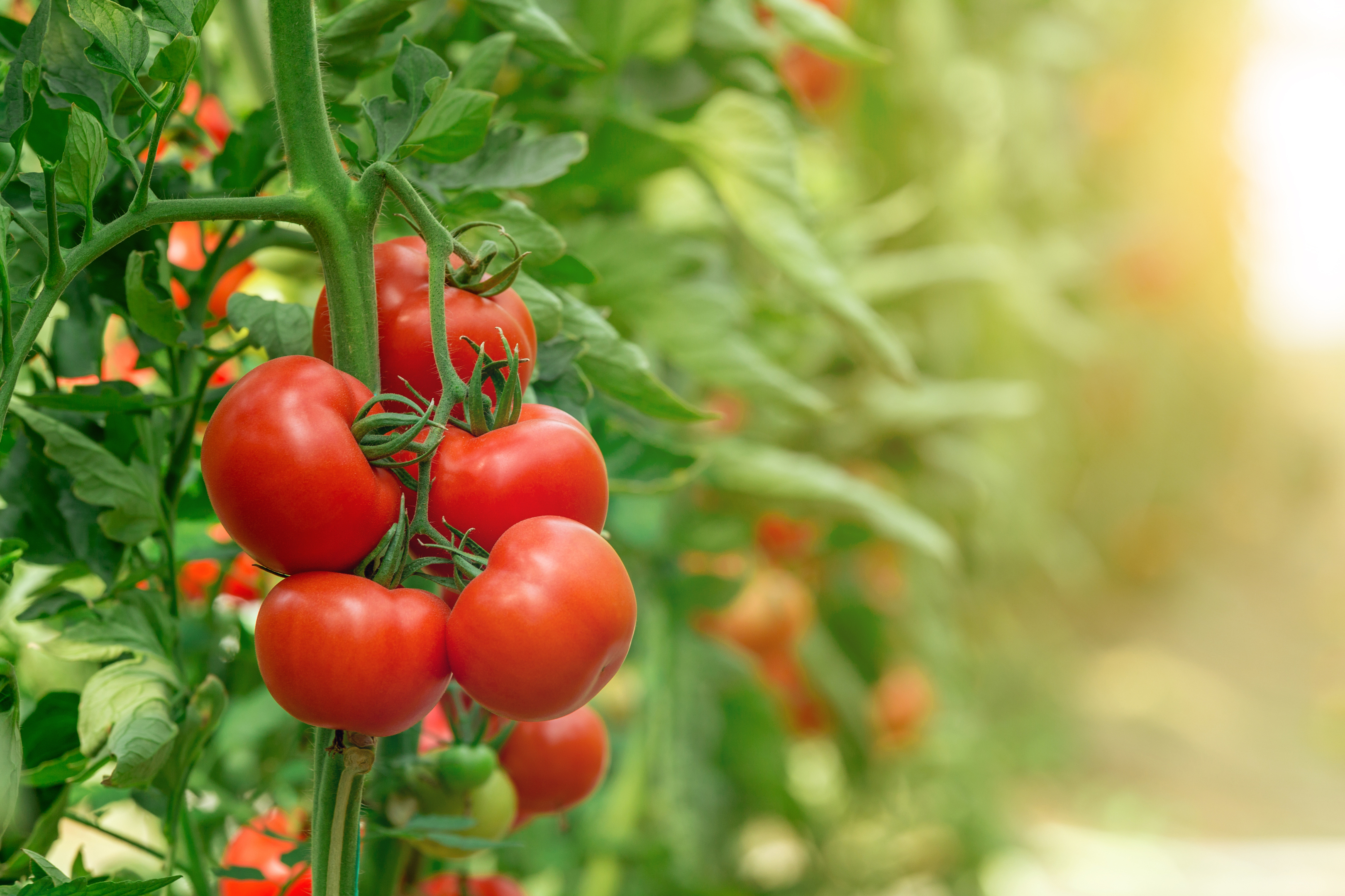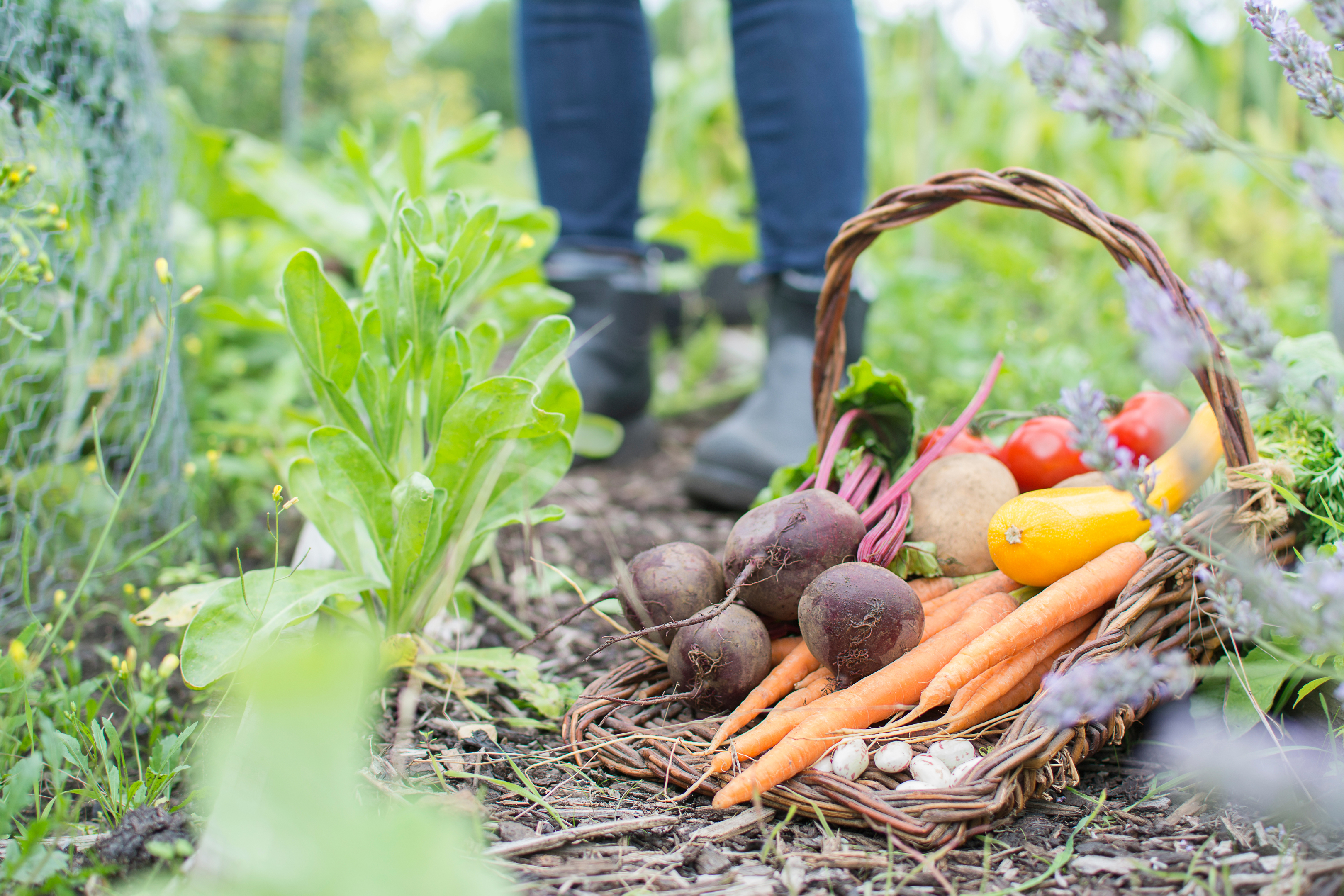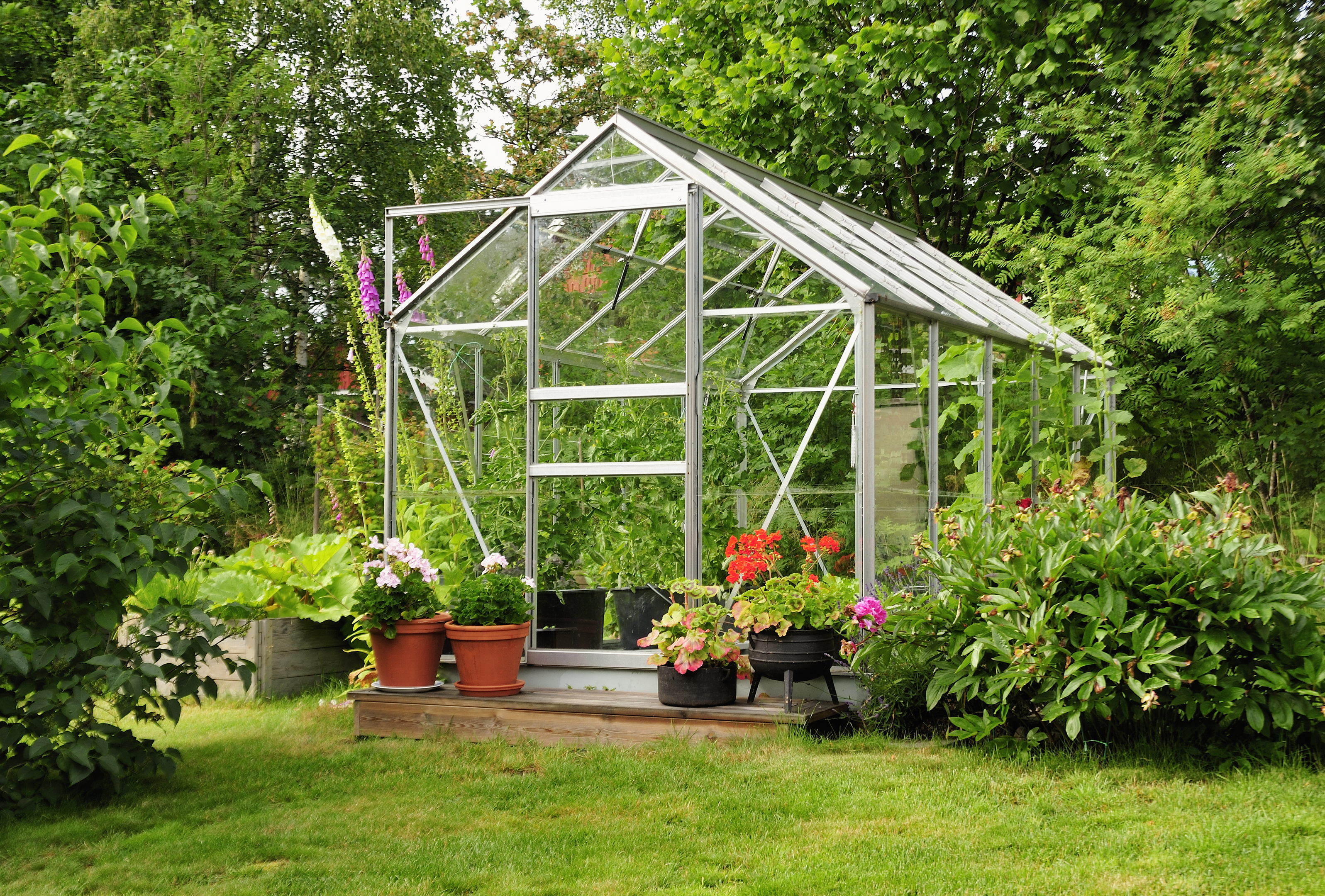Master The Art Of The Allotment
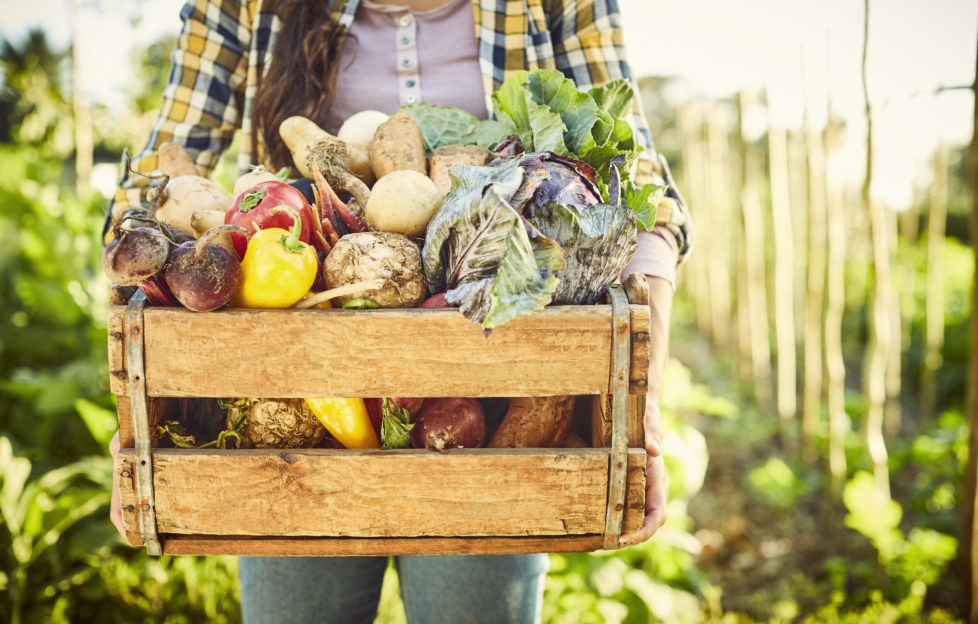
There’s no food fresher than organic fruit and veg. But, instead of buying it in the supermarket, growing your own is so much easier than you might think.
National Allotments Week 2018 takes place from 13th August, to raise awareness about the benefits of growing your own produce. These top tips for allotment newbies by The Greenhouse People show you some of the ways you can speed up your fruit and veg success.
It’s all in the planning
Before digging, it’s vital to draw up a plan on paper, noting the type of soil you have, the way the sun hits your plot, the wind direction and access pathways.
Equip yourself with good quality gardening tools (fork, spade, wheelbarrow, gloves and storage), too. But wait for a rain shower to dampen the soil before you start digging!
Top tip: Try to speak to others who manage allotments who will know what does and doesn’t work, saving you time and effort.
The power of perennials
These plants are perfect for allotment beginners. Literally meaning “through the years”, perennial fruits and herbs – such as tomatoes, strawberries, garlic, basil and blueberries – typically live more than two years.
Top tip: Perennials’ hearty growth can deplete the nutrients in the soil so keep up its quality with compost or manure before planting. Don’t remove the dead foliage during winter – this will attract small insects and give back nutrients to the soil without you lifting a finger.
Friend or foe?
Certain plants forge mutually beneficial relationships and help to repel pests, improve pollination and provide nutrients. Lettuces, radishes and other quick-growing plants sown between hills of melons or squash will mature and be harvested long before the vines need more room. And leafy greens such as spinach grow well in the shadow of corn.
Top tip: Growing members of the same ‘family’ close together increases competition for soil nutrients, so disperse onions, chives, leeks and garlic across your plot.
The Great British weather
Sometimes the unpredictable British weather can let produce down. However, adding a greenhouse means you can evade the seasonal changes throughout the year, giving your much-needed flexibility when it comes to any forms of complementary gardening.
Top tip: Adding an electric or gas heater, along with overhead lighting, can extend the growing period for warm season plants.
Herb heroes
Planting herbs throughout your plot can help to repel insects with their strongly scented leaves. Sage repels cabbage moths and French Marigolds are great to grow with tomatoes because their strong scents repel aphids. The addition of herbs can enhance the flavours of other plants, too – growing basil alongside tomatoes and lettuce enhances the flavour of both.
Top tip: If you grow the herb wormwood you can make a tea that, when poured on plants, repels slugs.
Allotments can offer the perfect place to develop your passion for gardening. During National Allotments Week 2018 there will be open events across the country where you can find out more – check if your local area is hosting one here.

